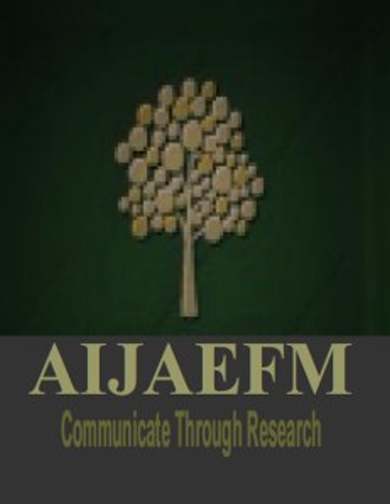Effect Of Fuel Subsidy Removal On Standard Of Living Of Staff In Adamawa State University, Mubi
Abstract
This study investigated the effects of fuel subsidy removal on the standard of living of academic and non-academic staff at Adamawa State University, Mubi. The objectives were to examine the extent of the impact on household expenditure, analyze changes across welfare indicators such as food, healthcare, transportation, children’s school fees, electricity, and water and sanitation, explore coping strategies adopted by staff, and assess the effectiveness of government and institutional cushioning measures. The study employed a survey research design, with data collected through a structured questionnaire administered to 386 staff members selected from both academic and non-academic categories. Descriptive statistics, including frequencies and percentages, were used to summarize the socioeconomic characteristics of respondents, while ranking techniques and inferential methods, including Structural Equation Modeling (SEM), were applied to establish relationships among constructs. Findings revealed that fuel subsidy removal significantly increased household expenditure across all welfare indicators, with the sharpest rise recorded in food, transportation, and healthcare costs. Respondents reported various coping strategies, including reducing household consumption, cutting back on transportation expenses, and seeking alternative income sources. Although government and university management provided cushioning interventions, such as wage awards, cash transfers, and subsidized transport services, these measures were rated as insufficient in addressing the magnitude of the hardship experienced. The SEM analysis further confirmed strong linkages between fuel subsidy removal and declining living standards, with cushioning measures offering only partial moderation of the adverse effects. The study concludes that fuel subsidy removal has imposed considerable economic pressure on university staff, substantially reducing their welfare. It recommends the introduction of sustainable and broad-based social protection programs by government and institutions, capacity building for staff to diversify income, and continuous stakeholder engagement to ensure that welfare considerations are prioritized in future policy reforms.





